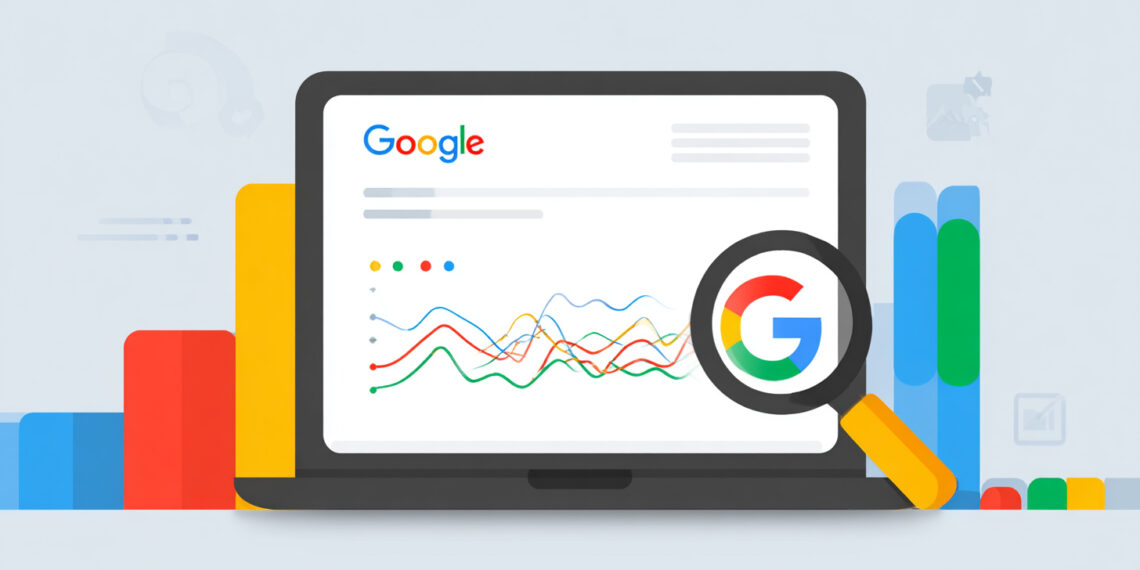Select Language:
Google has introduced a new feature in the Digital Phablet Search Console Insights report called query groups, which simplifies analyzing search performance. This feature clusters similar search queries into categories, allowing website owners to assess how their site performs for broad topics rather than individual queries.
Daniel Waisberg from Google highlighted this update, explaining that instead of scrolling through a lengthy list of separate queries, users will now see grouped topics that represent their audience’s primary interests. John Mueller added that this approach makes it easier to monitor trends across groups of related searches, although it still doesn’t distinguish traditional search from AI-driven modes like AI Overviews and AI Mode.
This feature is gradually rolling out and typically available only for sites with a significant volume of search queries. Google elaborated on the purpose of query groups on their Search Central blog, stating that they offer a high-level overview by using AI to cluster similar queries, which can evolve over time. Importantly, these groups do not influence search rankings.
A visual from Search Central shows site performance metrics, indicating a 9% decrease in clicks for SEO-related topics but a 228% increase for core web vitals topics. The new insights dashboard presents a clearer view of search data, showing total clicks per group, a list of queries ordered by popularity, and the ability to drill down into detailed query reports.
Queries are categorized into three groups: those with the highest click volume, those trending upward, and those trending downward compared to previous periods. Currently, not many users have access, but it’s expected that more will see it soon.
There is no immediate plan to include this feature in the API, as Google emphasizes maintaining stable APIs that serve long-term user needs. Further details can be found in the official help documentation. Discussions around this update are ongoing on various forums and social platforms.





